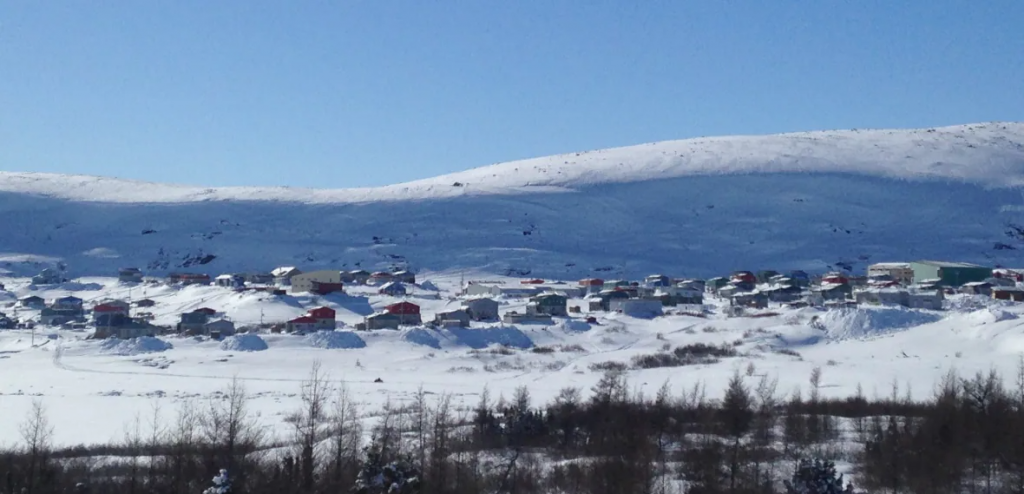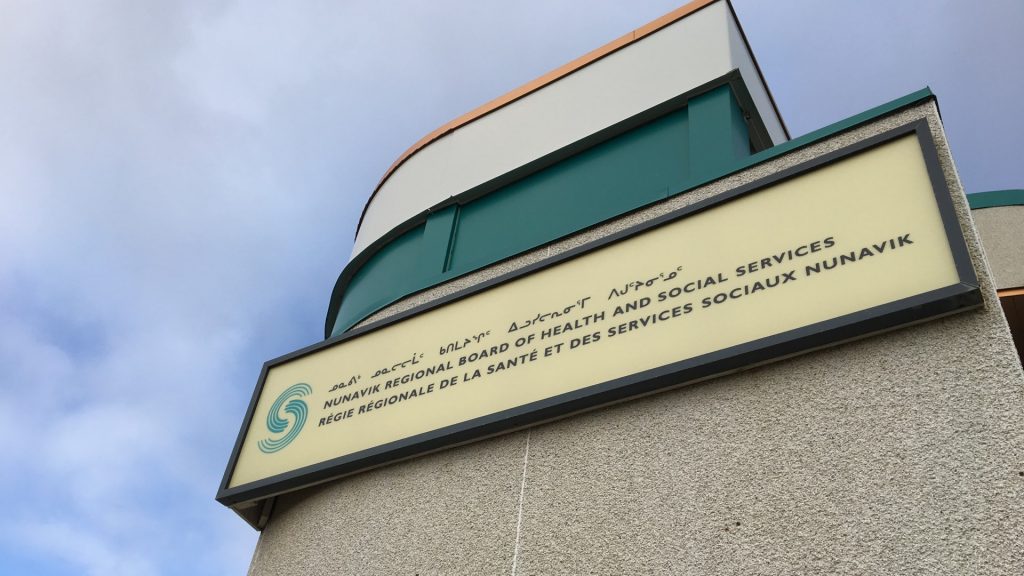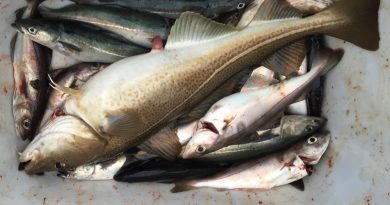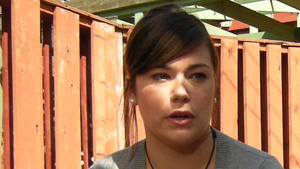Another Nunavik community moved to yellow COVID-19 alert level in northern Quebec

Another community in Nunavik, the Inuit region of Arctic Quebec, has been moved down to the yellow COVID-19 alert level, with officials saying the public health situation in Kangiqsualujjuaq is in good shape.
“The measures have been eased in this community since there is a good vaccination coverage among Kangiqsualujjuaq’s population and there is no evidence of community transmission,” the Nunavik Regional Board of Health and Social Services (NRBHSS) said in a Facebook post on Thursday.
Yellow is Nunavik’s second lowest COVID-19 level and allows things like bars and restaurants to be open, church services of up to 250 people, indoor gatherings of up to 50 people, and permits high school students to remove masks while seated.
Kangiqsualujjuaq is the second Nunavik community to go to yellow after Kuujjuarapik, which was moved to yellow last week.
Overall, the number of COVID-19 cases in Nunavik continues to decrease.
On Wednesday, the NRBHSS announced fully vaccinated people would again be able to travel to the South, or to other Nunavik communities, although they are still required to fill out a travel authorization before hand.
As of the most recent published numbers on Wednesday, the region currently has 52 active cases, down eight from last week.
There is currently one person hospitalized.

The most recent active case counts in Nunavik as of December 8:
- Salluit: 28
- Akulivik: 13
- Kuujjuaq: 8
- Kangiqsualujjuaq: 1
- Puvirnituq: 1
- Umiujaq: 1
Since the COVID-19 outbreak started in Nunavik in October, there’s been 16 hospitalizations and 14 medical evacuations.
On December 7, the Quebec government authorized that a 3rd dose of a COVID-19 vaccine could be given to people 18 years old and older in isolated communities like Nunavik’s.
The NRBHSS says it would be able to start offering third doses to people as of December 9.
Write to Eilís Quinn at eilis.quinn(at)cbc.ca
Related stories from around the North:
Canada: Canada’s Northwest Territories prepping for more travel-related COVID cases, say health officials, CBC News
Finland: Strong signs of tourism revival in Finland’s north, Yle News
Iceland: Iceland extends COVID-19 measures for at least two weeks, Eye on the Arctic
Greenland: Greenland’s new domestic and international COVID-19 rules in effect until March 6, Eye on the Arctic
Sweden: Sweden to introduce new Covid-19 measures on Dec. 8, Eye on the Arctic



